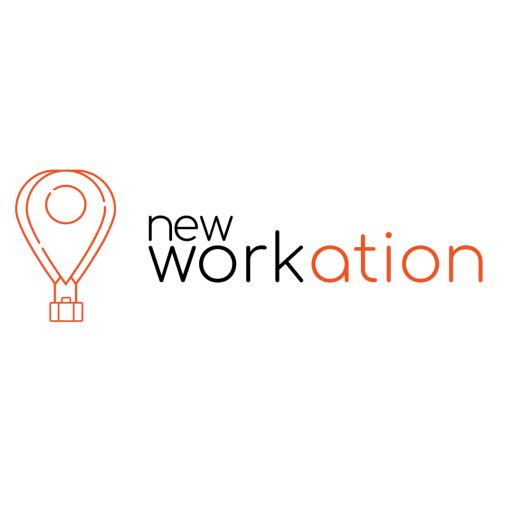Page content
Remote Work: What companies should consider when planning workations
However, planning a workation requires a certain amount of planning. Raoul Dery is the founder and CEO of the startup newworkation.com. Together with his team he advises smaller and larger companies on what to look out for when considering remote working. In an interview with our newsroom he answers some important questions:
What kind of customers come to see you?
At newworkation.com we get inquiries from companies of all sizes, ranging from small companies to large corporations. Freelancers and employees also contact us in their search for the right place for a workation. The interest from the IT world, financial services and consultancies is particularly high. However, before a particular model becomes integral to a company’s thinking, we want management, human resources and employees all to have a common understanding of the idea.
How important are workations for companies right now?
According to a poll among HR departments, only around eight per cent of companies offer workations. An ADAC tourism survey carried out this year found that for 60 per cent of the working population workations are not yet an option, while some 67 per cent were potentially interested. The main factors are trust, overall conditions, compliance and a company’s general handling of communications. The newworkation approach wants to make employers supportive of employees’ work and life phases. I would like to emphasise that workations are suited to every generation, not just Gen Z – particularly at a time when real-life experiences are very important.
What types of workation are there?
We offer workations for individuals and teams that go beyond simply working abroad. They create social hubs for a new work environment where a variety of outlooks and skills come together. Services include childcare, coaching, advanced training, workshops, networking events and even wellness. Workations not only offer added value for employees and employers. Through partnerships with local providers, companies, schools and universities they can potentially also benefit entire regions.
What formal aspects must employers consider before offering teams a workation?
The scope of workations may appear large, but many elements are already included in regulations for home working, which can be extended. Legal aspects such as employment law, health insurance, accident cover, taxation law, legal residency and social insurance must be checked of course. Workationing can be tried out in the EU at first. And the rules on data privacy and company secrets apply not just to workations but to home working and business trips too. For workations, additions can be made to existing regulations in employment contracts and/or company agreements.
What are the pitfalls for employers?
In order to successfully offer workations it is important for everyone to understand the basic concept and to find out team members’ needs. Companies should also investigate the feasibility of remote working. Trust naturally plays a big part and can be strengthened by uniform commitment and clear rules. That is why we offer a "CHECK-UP" comprising a master class, needs assessment and individual recommendations in order to tailor a workation to the work culture in question. Companies interested can find some initial pointers here: newworkation.com/employer
How do you choose a destination? And what are your criteria?
Our focus is initially on the EU, but we are also planning to include further destinations such as South Africa (same time zone as Europe). The portfolio includes workation accommodation that offers more than simply a basic workplace and is suitable for various types of customer. A secure wi-fi connection and sufficient bandwidth (minimum LTE) are important – as are a co-working space, or a co-working space nearby. In addition, we offer individual services such as catering, sports, coaching and childcare in order to ensure the workation is a unique all-round experience for everyone involved.
Whether the trend toward workation and bleisure is already apparent in tourism figures is something Charlotte Lamp-Davies talks about with Stephen Dutton of Euromonitor at the end of June in our next edition of the Travel Hero podcast. You can find the episode next week under the following link: www.itb.com/podcasts.




